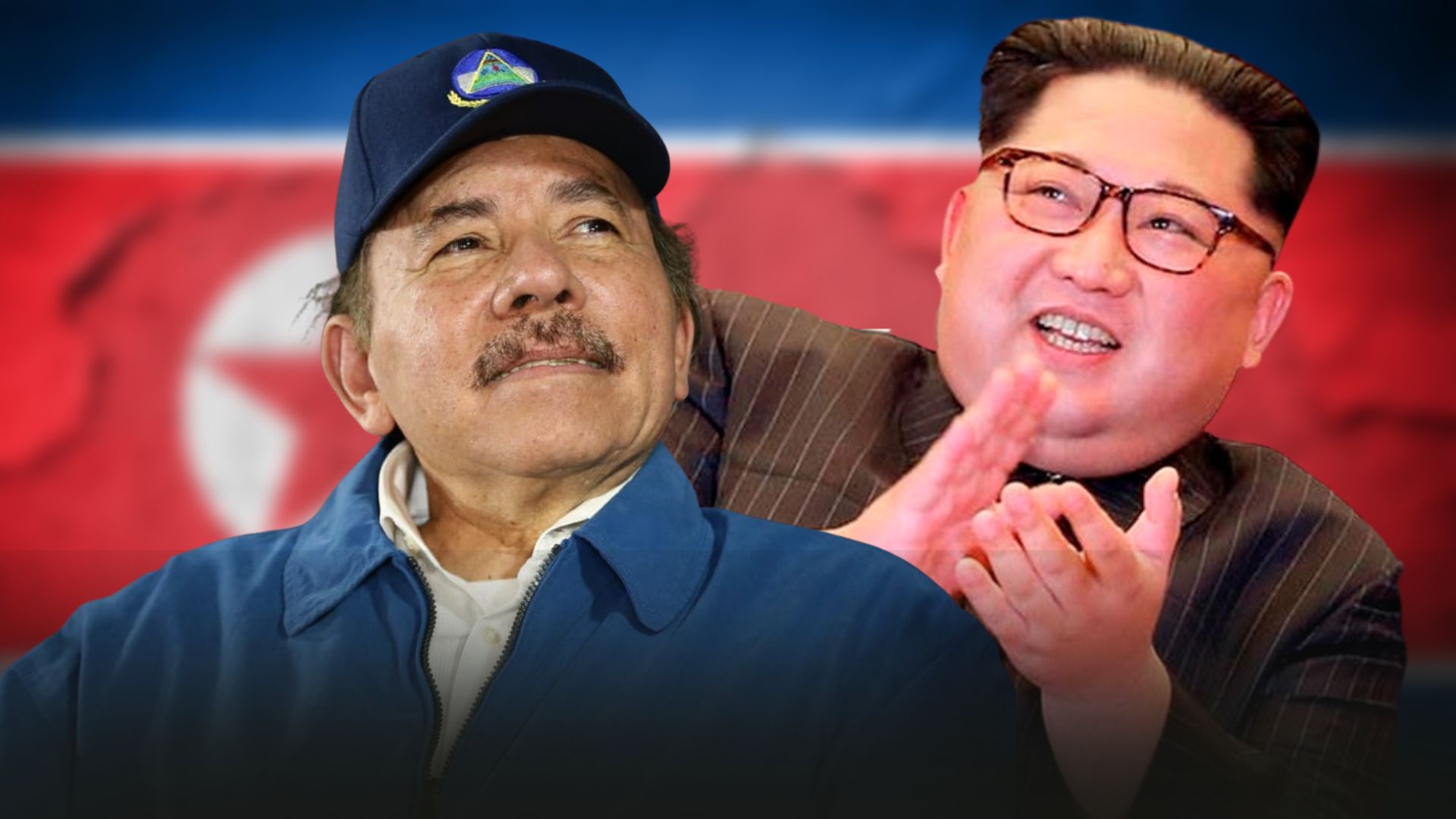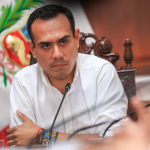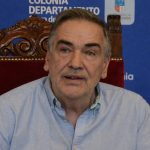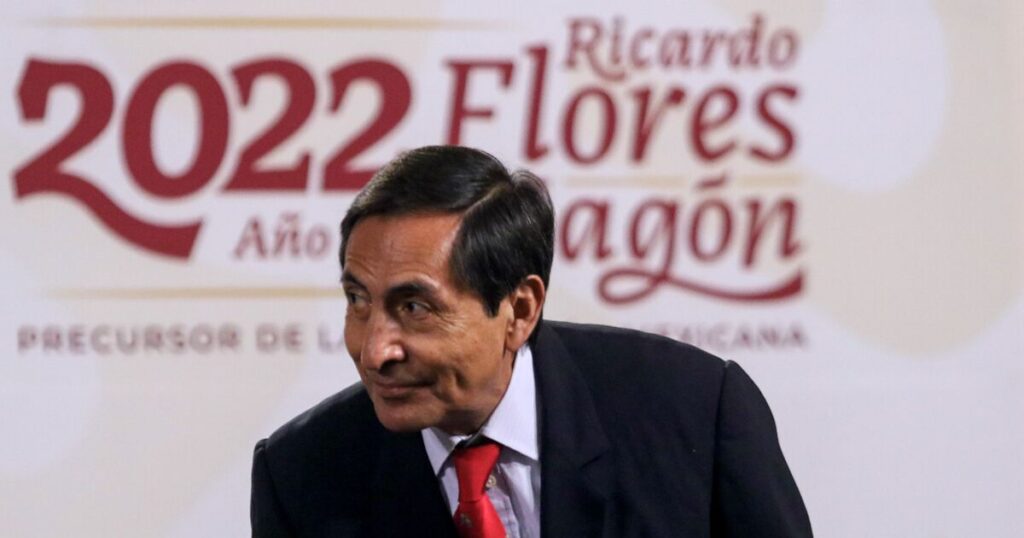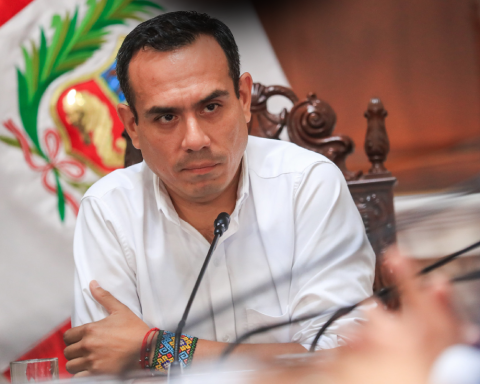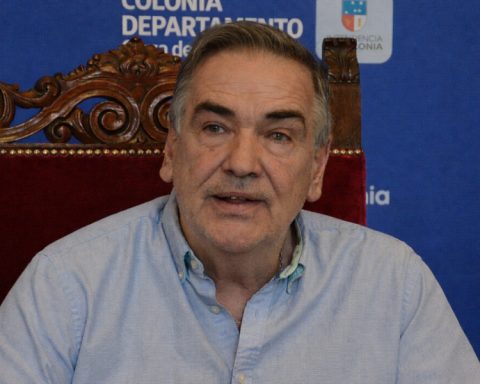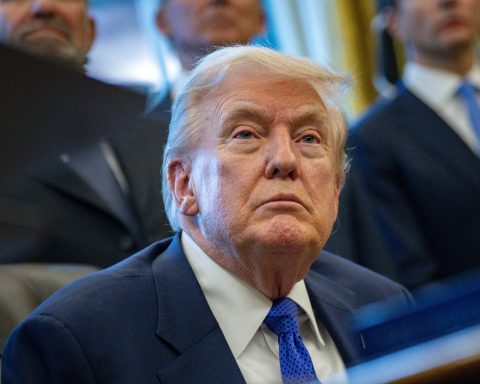The writer and former vice president of Nicaragua Sergio Ramírez considered that “the aspiration” of the Daniel Ortega regime “is to build a kind of North Korea in Central America” and pointed out, in this sense, as “very symbolic” the closure of the Academy of the Language of the country, last week.
“Today, in Nicaragua, the regime seeks to isolate itself from other countries, away from the European Union, it does not tolerate that there is an ambassador from Spain, fighting with countries like Costa Rica -which is next door-, outside the political multinational organizations ”, he explained in an interview with EFE in Brussels.
But “it is not possible” to imitate Pyongyang because “it is another geographical space, it is another reality,” he stressed.
Ramírez -Cervantes award winner in 2017- considered that the decision adopted last week by the Nicaraguan Parliament to close the Language Academy for not having registered in the registry of foreign agents “very well portrays the regime”.
Related news: Sergio Ramírez: “Do not forget those who from their moral trenches fight for the kidnapped dignity of Nicaragua”
“It is a measure that seems very excessive”, typical of “a totalitarian project at the wrong time, because in Latin America this kind of regimes survive their own past”, and that “it must be seen in the context of what is happening in the country, where all civil society organizations are being suppressed.”
“Both music, literature, language, scientific research, everything causes repugnance to a regime that wants nothing to do with creativity and sees creativity as a constant threat,” said the writer, whose last published novel, ‘ The Tongolele did not know how to dance’, is prohibited in Nicaragua.
Inspired by the riots that the country experienced in 2018 and critical of the country’s situation, Ramírez assured that “fiction is more useful to explain a reality than an essay book or a speech”, because, she said, “a book of fiction takes care of rhetoric and takes great care that the bare facts are the ones that speak to describe a situation through the characters”.
In fact, he acknowledges that Doctor Morales, the book’s main character, is inspired by his own experience in the revolution that in 1979 overthrew the Somoza dictatorship with the Sandinista National Liberation Front.
Related news: Sergio Ramírez dedicates recognition to political prisoners who “suffer in the jails of the Ortega dictatorship”
“Every character is always an ‘alter ego’ of the author himself. Especially when you can draw such a clear parallel between my life and that of my character. We both entered the revolution. He is very young because he entered the guerrilla as a teenager. He was a combatant, I was not. That’s a pretty big difference,” he recounted.
“He lost a leg, but we share the same critical disappointment and the same black sense of humor to face a great disenchantment with life, which was to have contributed to a revolutionary undertaking of that magnitude and then find that it fell apart in our hands and it has become the opposite of what we thought it should have been,” he continued.
Ramírez affirmed that Ortega’s continuation in power “depends on different circumstances” and pointed to the “contradiction” that despite the regime’s desire to isolate itself, “Nicaragua is a country inserted within the economic system of the United States”, a country who plays “the role of being a moral prosecutor more than anything else in Latin America.”
Regarding Russia, he opined that “it is not an effective ally for Ortega,” since it is “a paper tiger” that “plays at being the great superpower because it has nuclear warheads.”
Related news: Sergio Ramírez: Ortega, with his ambition for power, is “digging his own grave”
“But while he has to invest all possible resources in his war in Ukraine, what can he offer Ortega more than buses that break down the following year?” the former politician asked.
Ramírez also commented on the alternation of leftist governments that Latin America is experiencing and affirmed that the Chilean president, Gabriel Boric, “has clearly distanced himself from Ortega.”
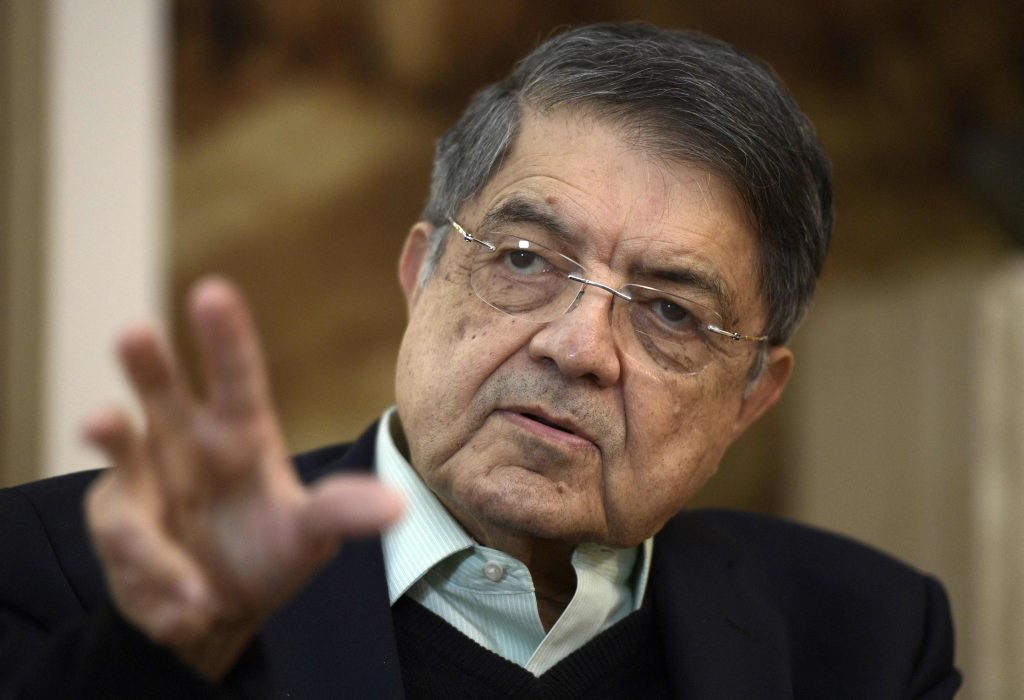
The same is expected of Colombian Gustavo Petro if he manages to win the second round of the elections on June 19, but not of Luiz Inácio Lula da Silva, if he returns to power in the October elections in Brazil.
“Lula is a populist who is going to repeat the speech of (the president of Mexico) López Obrador, that brothers should not be isolated,” said writer Sergio Ramírez.
Ramírez, who has been in exile in Spain since last year after the Nicaraguan justice accused him of inspiring hatred and conspiracy, said he is still looking for his “space” to write in Madrid.
In September he will publish “That day fell on Sunday”, a book of stories, and he is already preparing his next novel, of which he still does not know the subject.
